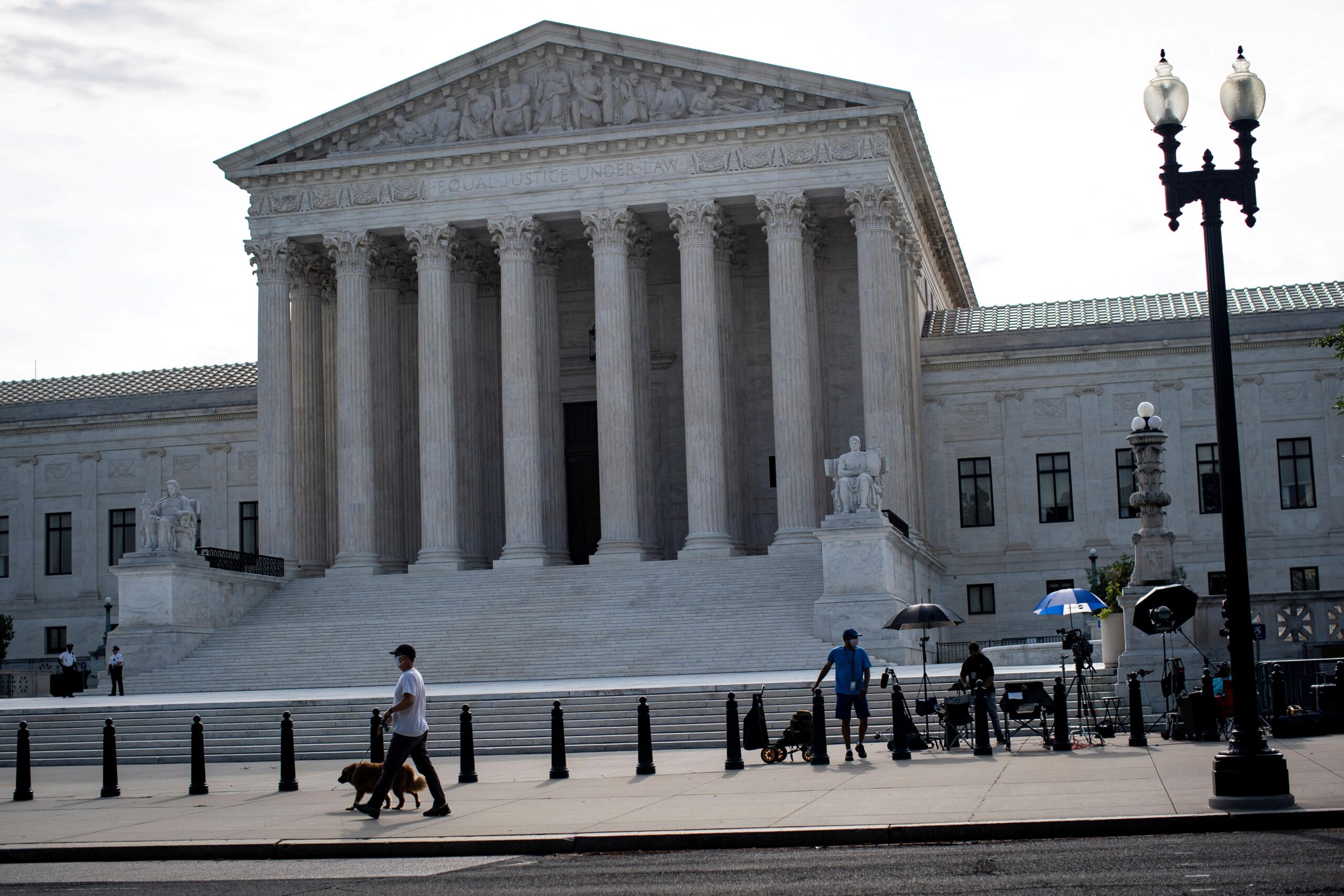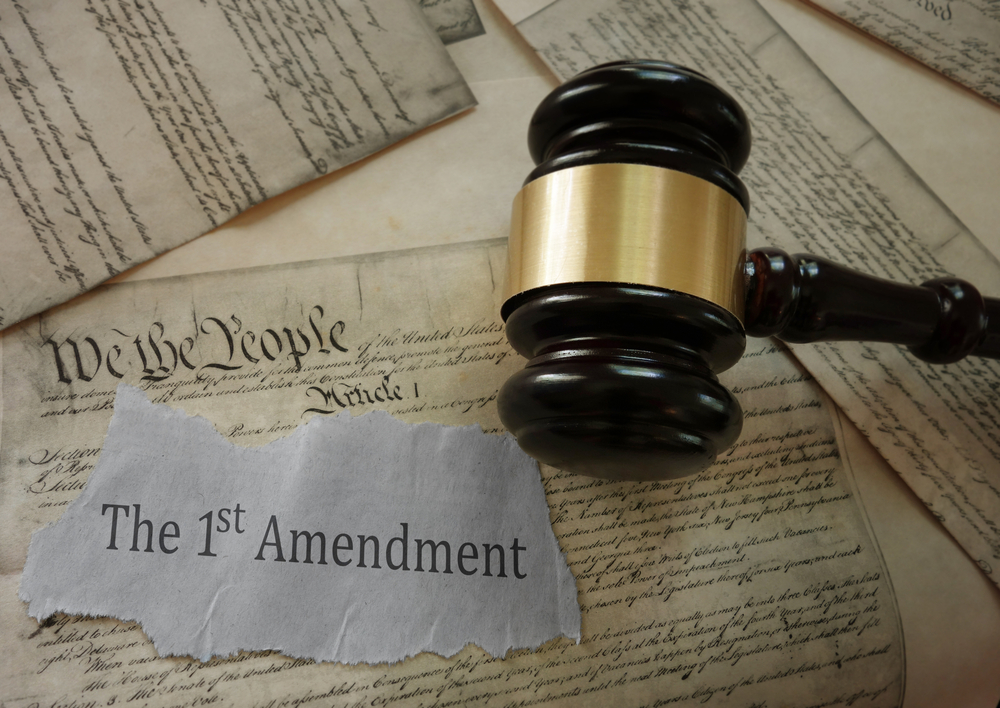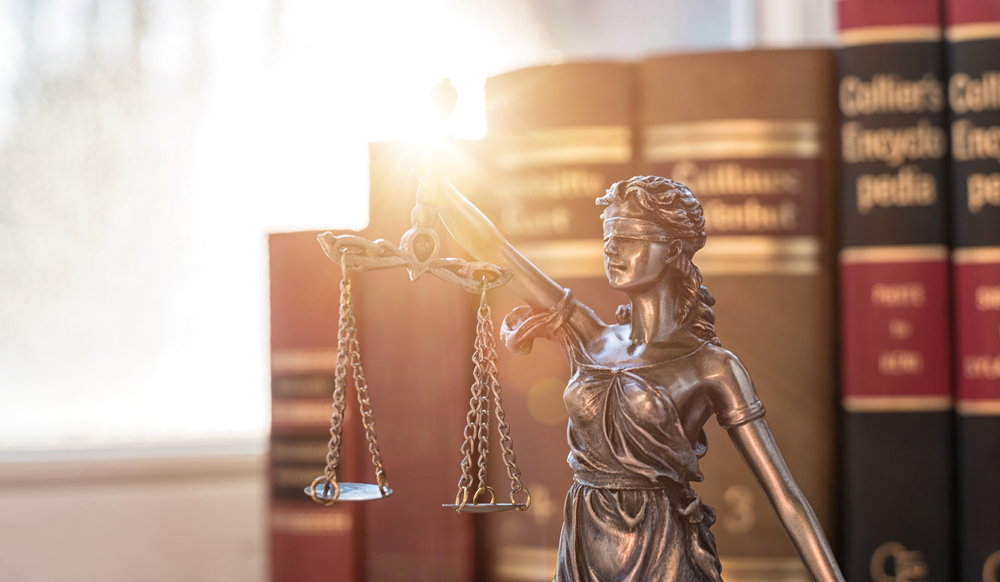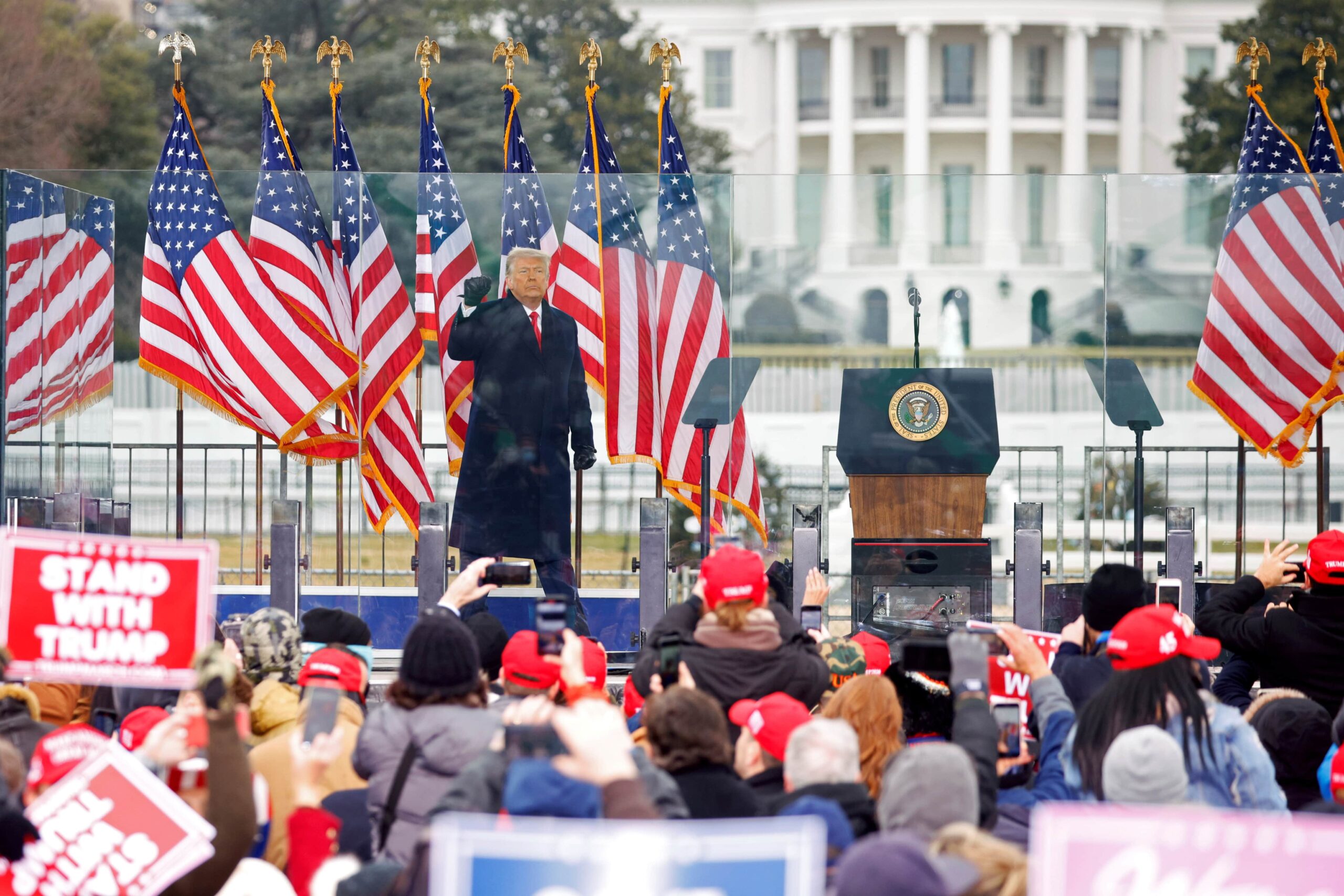Can a Public Body Censure Its Members Without Raising First Amendment Concerns?
A public body censures one of its members who had been criticizing the body, filing lawsuits against the body, and accusing the body of not complying with state law. The public body then censures the member. The member claims that the censure was a retaliatory act against his critical speech. This scenario forms the basis of the case, Houston Community College System v. Wilson, that the Supreme Court will review this term.
Justices Question Whether Student’s Snapchat Rant Caused a Substantial Disruption
In oral arguments on April 28th in a case involving a former high school student kicked off her cheerleading squad for a profane social media post, the Court explored whether school officials could discipline the student under the Supreme Court’s decision in Tinker v. Des Moines Independent Community School District (1969).
Iowa Supreme Court Finds Facebook Comments About Landlord to Be Protected Rhetorical Hyperbole
An individual’s Facebook post accusing an apartment manager of being a “slumlord” was protected rhetorical hyperbole rather than a false statement of fact, the Iowa Supreme Court ruled on April 16th in Bauer v. Brinkman.
The treatment of former University of Virginia medical student Kieran Ravi Bhattacharya raises serious concerns about the use of “professionalism” to punish those who hold dissident views or dare to challenge authority. The university suspended and dismissed Bhattacharya after he raised concerns about a presentation from a faculty member about “microaggressions”.
Supreme Court to Decide Important Student (K-12) Social Media Case
The Supreme Court will clarify how far the arm of school authority extends—if at all—to student social media expression created off-campus. The case, Mahanoy Area School District v. B.L., involves a message posted on Snapchat by student "B.L." on a Saturday afternoon off-campus after she learned she failed to advance from the junior varsity to the varsity cheerleading squad.
Sixth Circuit Rejects Garcetti in Context of University Professor’s Classroom Speech
A U.S. Supreme Court ruling creating a categorical bar on the free-speech rights of public employees who speak pursuant to their official job duties does not apply in the university classroom, a federal appeals court has ruled.
Does the First Amendment Protect Trump on Incitement to Riot?
On January 6th, President Donald Trump held a rally near the White House and urged his supporters to march on the Capitol where members of Congress were certifying the results of the 2020 presidential election. “We’re going to walk down, and I’ll be there with you,” he said. “You’ll never take back our country with weakness. You have to show strength, and you have to be strong.”There is no doubt that Trump’s speech was inappropriate, imprudent, rash, offensive, and even repugnant. But, it is more difficult to determine whether Trump’s comments constitute incitement to imminent lawless action, a type of speech not protected by the First Amendment.
How Trump and Nunes Use Defamation Lawsuits To Silence Their Critics
Public officials using libel suits as a weapon against the press is nothing new. In the time of Times v. Sullivan, southern officials had brought nearly $300 million in libel actions against the press. For reference, Nunes alone has brought just over $900 million in defamation claims in a twelve-month period.





